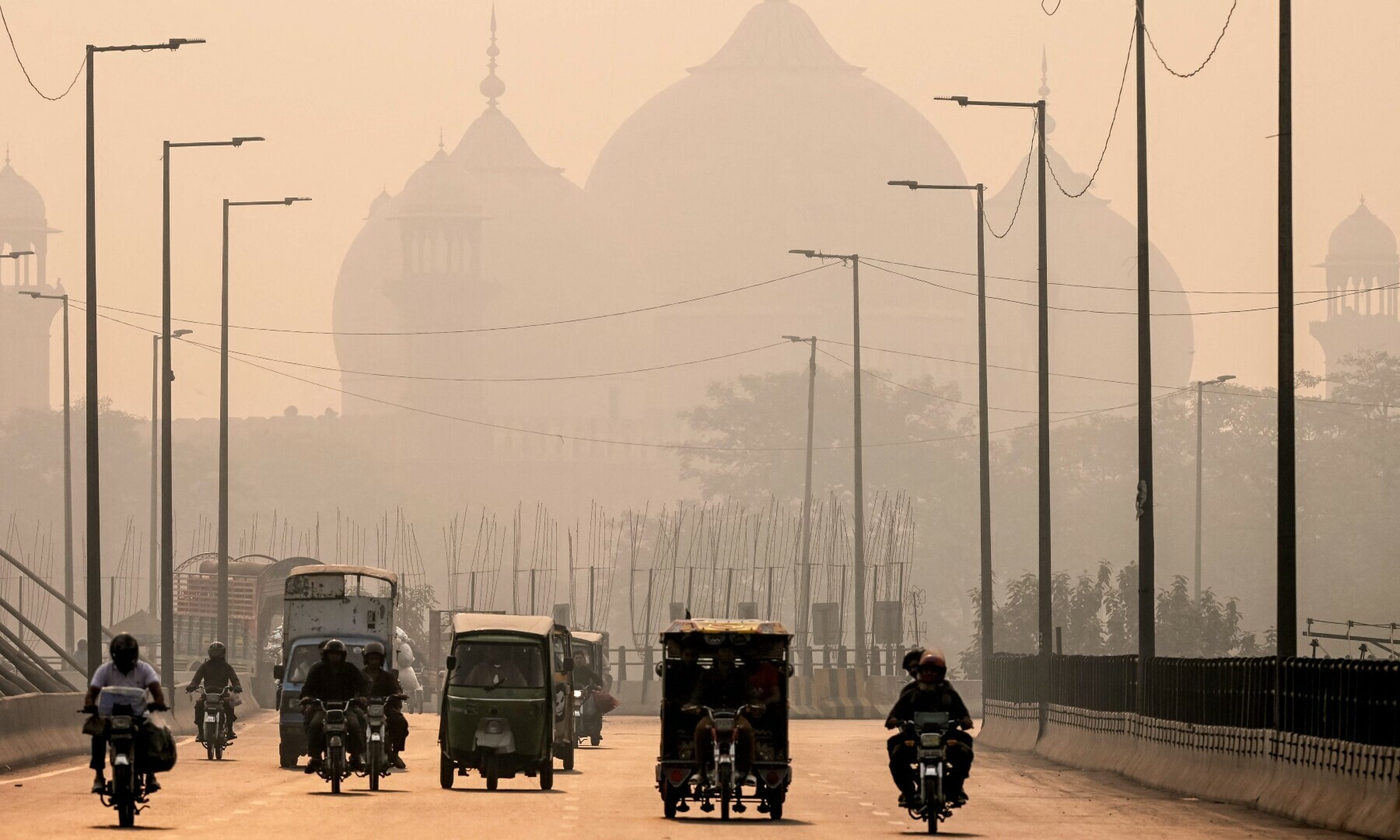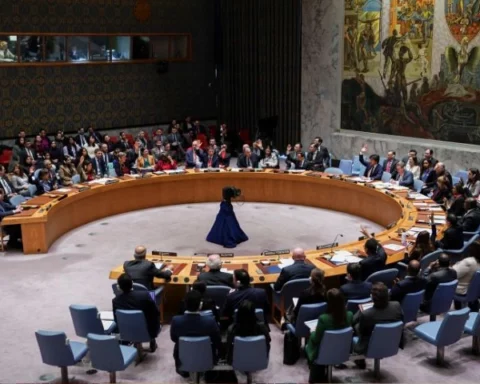Millions of people in Pakistan experienced hazardous air pollution levels for months during the recent winter season, making it one of the worst smog periods in years. Major cities, especially Lahore, Karachi, and Islamabad, faced prolonged exposure to dangerous particulate matter, far exceeding safe limits recommended by global health organizations.
Lahore, a city of over 14 million residents, was among the worst affected, with pollution levels reported to be nearly 20 times above recommended standards for six consecutive months. Karachi and Islamabad were also severely impacted, with air quality remaining at unhealthy levels for over 120 days. Many citizens expressed frustration, highlighting the worsening air quality and the health risks it poses to their families.
Experts attribute the pollution crisis to multiple factors, including industrial emissions, vehicle exhaust, and crop burning. In winter, weather conditions such as cooler temperatures and slow-moving winds trap pollutants close to the ground, intensifying the smog. This year, delayed winter rains provided little relief, further worsening air quality.
The impact of pollution on public health has been severe, with an increase in respiratory illnesses, eye irritation, and long-term risks such as lung disease and heart conditions. Children and elderly individuals are particularly vulnerable. In response, the government has announced initiatives such as expanding air quality monitoring, enforcing emissions regulations, and offering farmers alternatives to burning crop stubble. However, many environmental experts believe these efforts remain insufficient.
To combat air pollution effectively, Pakistan needs stronger policies, including stricter vehicle emission standards, improved public transport systems, and a transition to cleaner energy sources. While some progress has been made, addressing the root causes of pollution remains a significant challenge. Without decisive action, air quality will continue to deteriorate, impacting the health and well-being of millions.




